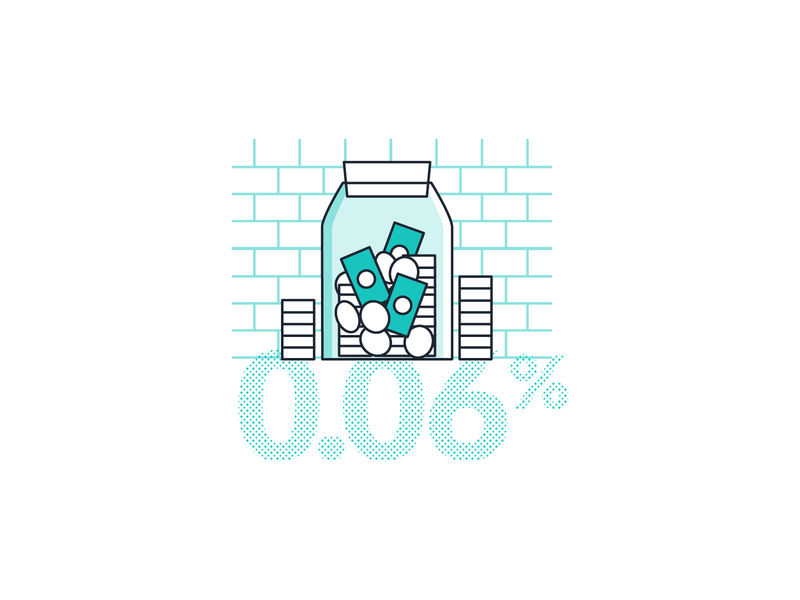Uncover The Concealed Prices And Repercussions Of Back-Pedaling An Efficiency Bond, And Discover Why It's Essential To Avoid This Pricey Mistake
Uncover The Concealed Prices And Repercussions Of Back-Pedaling An Efficiency Bond, And Discover Why It's Essential To Avoid This Pricey Mistake
Blog Article
Personnel Writer-
When a surety issues a performance bond, it guarantees that the principal (the celebration who purchases the bond) will certainly meet their responsibilities under the bond's terms. If the principal stops working to meet these commitments and defaults on the bond, the guaranty is responsible for covering any type of losses or problems that result.
1. Loss of credibility: Back-pedaling a performance bond can damage the principal's track record and trustworthiness, making it harder to secure future organization or financing.
2. Legal and administrative expenses: The surety might need to pay legal and administrative costs associated with going after the principal for problems or attempting to correct the circumstance.
3. Economic losses: The guaranty may require to cover the cost of finishing the job or supplying the solutions that the principal failed to deliver. This can result in considerable financial losses for the guaranty.
4. Increased what are bid bonds : If the principal has a background of defaulting on performance bonds, they may be required to pay higher premiums in the future to get the needed bonding.
Overall, defaulting on a performance bond can have serious monetary repercussions for both the principal and the surety. It's important for principals to thoroughly consider their commitments and ensure they have the ability to meet the terms of the bond to prevent these negative end results.
Defaulting on an efficiency bond can be an expensive bad move for companies. When you fall short to satisfy the bond's responsibilities, the monetary effects can be significant. From paying the full bond total up to possible legal fights and harmed relationships, the consequences can resound throughout your service operations. Recognizing the detailed internet of financial influences that back-pedaling an efficiency bond can have is important for safeguarding your company's economic health and reputation.
Financial Penalties for Defaulting
If you back-pedal a performance bond, you'll likely face substantial punitive damages. These penalties can vary relying on the regards to the bond contract yet usually entail paying the bond amount completely to the obligee. This suggests that if you fall short to satisfy your contractual obligations, you must pay the bond total up to the project proprietor or the entity that called for the bond.
In addition, you might additionally be in charge of any kind of extra prices incurred by the obligee as a result of your default, such as discovering a substitute specialist or covering project hold-ups.
Defaulting on a performance bond can also lead to lawful charges and court prices if the obligee decides to take legal action versus you to recover the bond amount. These expenses can promptly accumulate, additional worsening the financial impact of your default. It's important to very carefully assess and understand the terms of the efficiency bond to avoid these severe punitive damages.
Impact on Organization Capital
Back-pedaling an efficiency bond can dramatically influence your service capital, impacting monetary security and operational capacities. When you back-pedal a performance bond, you risk shedding the bond quantity, which can be a substantial sum. This loss directly impacts your cash flow, as you'll require to discover different resources of moneying to cover the bond quantity. Additionally, defaulting can result in increased scrutiny from sureties, making it harder and extra pricey to safeguard bonds in the future. This can better stress your capital as you might need to allocate additional sources to fulfill bonding requirements.
The impact on your cash flow does not stop there. Defaulting on an efficiency bond can likewise cause project hold-ups or cancellations, causing a loss of income. Additionally, the unfavorable reputation that includes defaulting can deter potential clients, even more decreasing your cash flow. On https://www.businessinsurance.com/article/20211101/NEWS06/912345494/2021-US-Insurance-Awards-Marsh,-Broker-Team-of-the-Year , defaulting on a performance bond can have harmful effects on your business's economic wellness and capacity to operate efficiently.
Lawful Ramifications and Suits
Facing legal implications and possible legal actions because of defaulting on a performance bond can considerably influence your service's credibility and financial standing. When you default on a performance bond, the surety firm might take lawsuit to recoup the bond quantity paid. This might result in expensive legal costs, court expenses, and possible negotiations or judgments versus your organization.
Furthermore, defaulting on an efficiency bond might result in harmed partnerships with customers, subcontractors, and suppliers, influencing your capacity to secure future contracts. Claims emerging from bond defaults can tarnish your company's reliability in the industry, making it challenging to attract new partners or customers.
Furthermore, if the default brings about a court judgment versus your organization, it might result in asset seizure or liens, further straining your financial stability. As a result, it's essential to comprehend the lawful implications of defaulting on an efficiency bond and take aggressive steps to mitigate the threats entailed.
Final thought
As you deal with the effects of defaulting on a performance bond, remember this: it's like walking a tightrope without a safety net. One wrong relocation can send you plunging right into an economic freefall, without any method to stop the fall.
The punitive damages, capital influence, and lawful implications are all waiting to capture you if you blunder. So step carefully, and constantly recognize your commitments to prevent the extreme repercussions of default.
